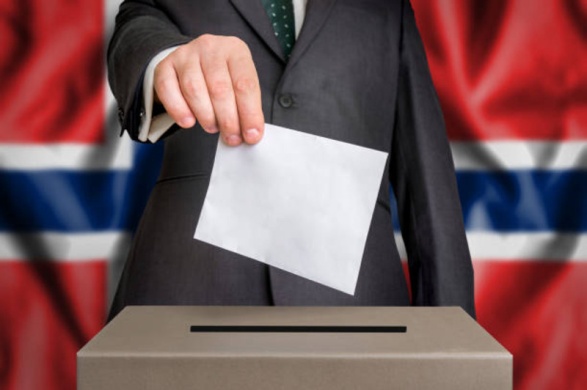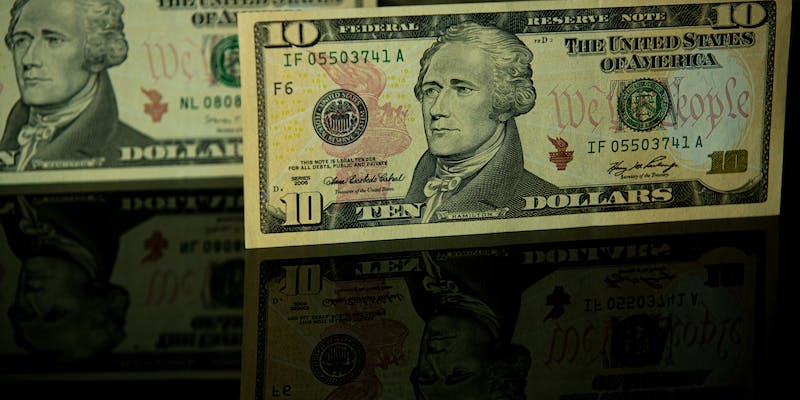President Herbert Hoover is often known as the president who failed to address the economic crisis of the Great Depression. However, a closer look at his policies and actions during his presidency reveals a more complex picture. While he may have made some mistakes, President Hoover also implemented several strategies that had long-term impacts on the economy. In this article, we will delve into some key aspects of President Hoover’s economic policies and analyze their effects on the country. We will also discuss the criticisms and controversies surrounding his approach to handling the Great Depression.
Early career and rise to presidency

Before becoming president, Herbert Hoover had a successful career as a mining engineer and businessman. He served in various government roles, including Secretary of Commerce under Presidents Harding and Coolidge. His expertise in commerce and industry made him a highly regarded figure in the Republican Party, leading to his nomination as their presidential candidate in 1928.
Hoover’s campaign focused on promoting economic prosperity and efficiency. He promised to continue the policies of his predecessors, which were largely successful at maintaining stable economic growth. His opponent, Democrat Alfred E. Smith, was seen as less experienced and less capable of handling the economy. As a result, Hoover won by a landslide and took office in March 1929.
Initial response to the Great Depression
Unfortunately for President Hoover, just months into his term, the stock market crash of October 1929 triggered the start of the Great Depression. This was an economic crisis unlike anything America had ever experienced before.
The sudden drop in stock prices caused investors to lose confidence in the market and withdraw their money. This led to a chain reaction of bank failures, business closures, and widespread unemployment.
President Hoover initially believed that the economy would recover on its own and did not intervene with government action. He feared that too much government involvement could lead to socialism or communism. Instead, he urged businesses and charities to increase their efforts in providing relief to the unemployed.
Hoover's Economic Philosophy
President Hoover’s economic philosophy was based on the idea of individualism and self-reliance. He believed that the government should not interfere with economic affairs, and instead, individuals and businesses should be responsible for their own success or failure.
He also championed the concept of volunteerism, where private organizations would take on a larger role in addressing social issues rather than relying on government aid. This philosophy would later come under scrutiny during the Great Depression as private organizations struggled to keep up with the overwhelming demand for assistance.
Hoover’s attempts at recovery
As the Depression continued to worsen, President Hoover eventually realized that voluntary actions were not enough. He implemented several measures, including creating public works programs and promoting trade with other countries, in an effort to stimulate the economy. He also signed into law the Smoot-Hawley Tariff, which raised import taxes in an attempt to protect American businesses.
However, these efforts were largely unsuccessful and did not provide the necessary relief to struggling Americans. The public began to lose faith in Hoover’s ability to handle the crisis and his popularity plummeted.
Major economic policies implemented during Hoover's term
Despite the criticisms, President Hoover did implement several significant policies during his term that had long-term impacts on the economy. For example, he signed into law the Federal Farm Board Act, which aimed to stabilize agricultural prices and prevent farmers from going bankrupt.
He also established the Reconstruction Finance Corporation (RFC), a government agency that provided loans to struggling businesses and banks. This was one of the first instances of government intervention in economic affairs and laid the foundation for future policies.
How Herbert Hoover's Policies Shaped America?
While President Hoover may have been unsuccessful in addressing the immediate crisis of the Great Depression, his policies had lasting effects on American society. His belief in individualism and limited government intervention would shape economic policies for decades to come.
Furthermore, the RFC and other initiatives laid the groundwork for FDR’s New Deal programs that would eventually lead America out of the Depression. In this way, President Hoover’s policies can be seen as a necessary step in the recovery process.
Criticisms and controversies

President Hoover’s handling of the Great Depression has been heavily criticized by historians and economists. Many argue that his reluctance to intervene and his belief in laissez-faire economics only worsened the situation.
The Smoot-Hawley Tariff, in particular, has received a lot of backlash. It is believed that this protectionist policy led to a decrease in international trade and ultimately hurt the economy even more.
Some also accuse Hoover of being out of touch with the American people and not understanding the severity of the situation. His actions, such as increasing tariffs and calling for voluntary relief efforts, were seen as insensitive to the struggles of everyday citizens.
Conclusion
Herbert Hoover’s economic policies during the Great Depression were largely unsuccessful in alleviating the crisis. However, they did have lasting impacts on American society and shaped future government responses to economic downturns. Despite the controversies surrounding his approach, President Hoover's actions played a significant role in paving the way for America's eventual recovery from the Great Depression. So while he may be remembered as a president who failed during a time of great hardship, his legacy lives on in the policies and institutions that continue to shape our economy today.




